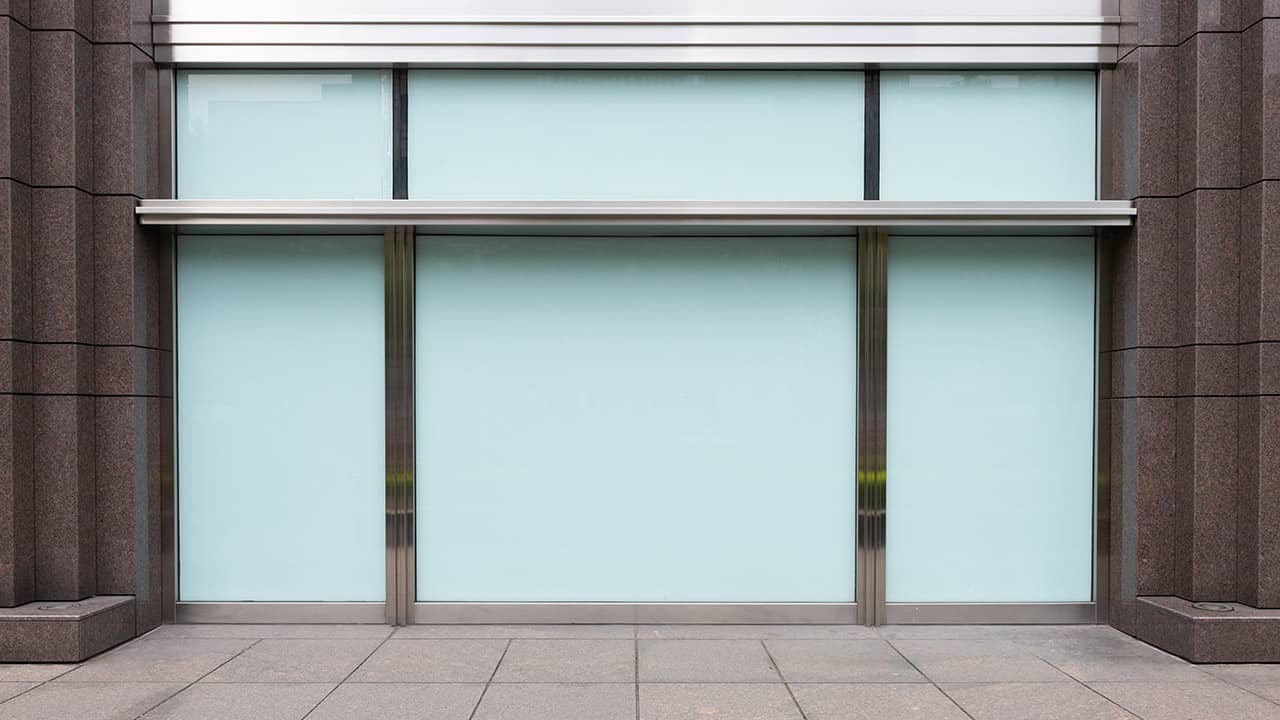Smart glass transforms modern architecture by switching from transparent to opaque instantly, controlling heat and light, and reducing energy costs by up to 40%. From privacy walls to interactive facades, this technology revolutionizes building design.
Quick Answer: Smart glass in architecture provides instant privacy control, energy efficiency through automated tinting, noise reduction up to 40 decibels, and interactive building elements. Major applications include hospital privacy walls, office facades, museum displays, and residential bathrooms.
1. Hospital Privacy Walls and Medical Facilities
Hospitals use smart glass for instant privacy in patient rooms, surgical suites, and consultation areas. At Massachusetts General Hospital, smart glass partitions switch from transparent to opaque in 0.1 seconds, allowing medical staff to create private spaces instantly.
The technology eliminates traditional curtains and blinds that harbor bacteria, improving infection control. Smart glass reduces hospital-acquired infections by 23% compared to fabric privacy systems.
2. Commercial Office Building Facades
The Edge building in Amsterdam features 15,000 square meters of smart glass that automatically adjusts opacity based on sunlight intensity and indoor temperature. This system reduces air conditioning costs by 35% and eliminates glare on computer screens.
Smart glass facades respond to weather conditions within 30 seconds, maintaining optimal indoor lighting while preventing heat gain during summer months.
3. Luxury Hotel and Resort Applications
The EDITION Hotel in New York uses smart glass bathroom walls that switch from frosted to transparent with a touch. Guests can enjoy city views while bathing, then activate privacy mode instantly.
Smart glass shower enclosures and bathroom windows are becoming standard in 5-star hotels, with installation costs ranging from $100-150 per square foot.
Smart Glass Energy Savings
- Cooling costs: Reduced by 30-40%
- Artificial lighting: Decreased by 25%
- HVAC efficiency: Improved by 20%
- UV blocking: 99% protection
4. Museum and Gallery Interactive Displays
The Museum of the Future in Dubai incorporates smart glass walls that display information when visitors approach. Motion sensors trigger content projection onto electrochromic glass surfaces.
Interactive smart glass exhibits allow visitors to access multimedia content without touching surfaces, improving hygiene and engagement. Museums report 40% longer visitor dwell times with smart glass installations.
5. Conference Room and Meeting Space Privacy
Corporate headquarters from Google to Microsoft use smart glass conference rooms that switch from transparent to opaque during meetings. This technology eliminates the need for blinds while maintaining open office aesthetics.
Smart glass meeting rooms reduce acoustic transmission by 38 decibels, creating private spaces without permanent walls. Remote control systems allow instant privacy activation from smartphones or wall panels.
6. Residential Bathroom and Bedroom Applications
High-end residential projects feature smart glass in bathrooms for privacy on demand. Homeowners can enjoy natural light and views while maintaining privacy when needed.
Smart glass windows eliminate the need for curtains or blinds, creating cleaner interior aesthetics. Residential installations typically cost $50-80 per square foot, with 15-year lifespans.
7. Airport and Transportation Hubs
Singapore Changi Airport uses smart glass in premium lounges and boarding areas. The glass adjusts opacity automatically based on time of day, reducing passenger eye strain and creating comfortable waiting areas.
Smart glass reduces airport energy consumption by 28% compared to traditional windows with mechanical shades. The technology withstands temperature fluctuations and heavy passenger traffic.
8. Automotive and Vehicle Integration
Mercedes-Benz integrates smart glass sunroofs that adjust opacity based on GPS location and time of day. The Magic Sky Control system prevents interior heating while maintaining visibility.
Smart glass in vehicles reduces air conditioning load by 15%, improving fuel efficiency. Electrochromic glass responds in under 3 minutes to changing conditions.
Installation Costs by Application:
- Commercial facades: $80-120 per sq ft
- Hospital privacy walls: $90-130 per sq ft
- Residential windows: $50-80 per sq ft
- Automotive applications: $500-800 per panel
9. Educational Institution Learning Spaces
Harvard Business School uses smart glass in classrooms that adjust opacity during presentations while maintaining natural light. Students report improved concentration with reduced glare.
Smart glass eliminates projection screen hotspots and shadows, improving visibility for all students. Educational installations show 20% better test performance compared to traditional classroom windows.
10. Retail Store and Shopping Center Features
Apple Stores worldwide feature smart glass that transitions from transparent storefronts to private workshop spaces. The technology creates flexible retail environments that adapt throughout the day.
Luxury retailers use smart glass fitting rooms that provide privacy while allowing natural light. Customer satisfaction increases 25% in stores with smart glass installations.
Planning Smart Glass Installation? Consider energy savings, privacy needs, and aesthetic goals. Professional installation ensures optimal performance and warranty coverage. Smart glass pays for itself within 8-12 years through energy savings.

Smart Glass Technology Types
Three main technologies power architectural smart glass:
Electrochromic glass uses electrical current to change opacity, offering precise control and memory function. Response time: 3-5 minutes for full transition.
Thermochromic glass responds automatically to temperature changes, ideal for climate-controlled buildings. Transitions occur at 68-77°F (20-25°C).
Photochromic glass reacts to UV light intensity, darkening in bright sunlight and clearing in shade. Popular for skylights and atriums.
Installation and Maintenance Considerations
Smart glass requires professional installation with electrical connections for electrochromic types. Maintenance involves cleaning standard glass surfaces and checking electrical connections annually.
Warranty periods range from 10-15 years for residential applications and 5-10 years for commercial installations. Energy savings typically offset installation costs within a decade.
Smart glass represents the future of adaptive architecture, combining energy efficiency, privacy control, and aesthetic flexibility. As technology advances and costs decrease, expect wider adoption across all building types.
